On the second day of the Global Land Forum, members of the International Land Coalition convened in the Plenary Hall for the beginning of the Network Forum. The first keynote speaker, Prafulla Samantara, who has led environmental movements in India, spoke passionately about the importance of land rights, the ‘basic right of every citizen in the world’. He highlighted that people are often denied their land rights by big companies and governments who wish to make a profit from the land themselves. Therefore, he argued, land rights need to be in place before the companies arrive, rather than retroactively. He advocated for a concept of development that protects human rights, rather than development for purely economic benefits. But for public policies to reflect this approach, local people must stand ‘strong against the development policy,’ which means that local communities need to come together to ‘protect nature and humanity’. In this view, land must be used primarily for the good of humanity, as the soul of nature, and the basis for civilisation. It is not to be used for the purpose of commercial goods and services.
Gillian Caldwell, the second keynote speaker, spoke about the work that her organization, Global Witness, does to protect land rights defenders, describing it as ‘a worldwide detective agency…exposing human rights and environmental abuse abuse by the agriculture and mining industries.’ She gave three case studies: the first was Nigeria, where Shell executives knowingly took part in a vast bribery scheme, directing funds to a known, convicted, money launderer, which adversely impacted on land owners in the area. Those responsible are now under trial in Italy.
The second case was that of rubber barons who violently targeted forests and communities in Cambodia and Laos, funded by European banks and other companies. When Global Witness pressured these institutions, they pulled out of the project. Global Witness also urged buyers of the rubber not to buy from the plantations that were exposed in their investigation.
The third case study concerned a controversial hydro dam project in Honduras, where Global Witness exposed the head of the project, David Castillo Mejia, as having links to the military. He was subsequently arrested and charged with being the “intellectual author” of the murder of activist Berta Caceres.
Gillian stated that ‘as the scramble for land intensifies…sadly there are more stories to tell.’ She emphasised the need to ‘hold companies accountable for their supply chains and investors accountable to their investments.’ She encouraged delegates to ‘help us end the killings’ by callings on governments and companies when killings do happen, and to ‘expose their role.’ Companies must ‘respect the community.’
Gillian went on to claim that ‘the truth is that [agrarian reform] laws are not worth the paper they’re written on unless they are followed, and they won’t be followed unless we expose the financial and reputational consequences that come from breaking the law.’
Before finishing on an emotional video about the violence that land rights defenders face, Gillian encouraged delegates to work towards a ‘more just landscape together.’
